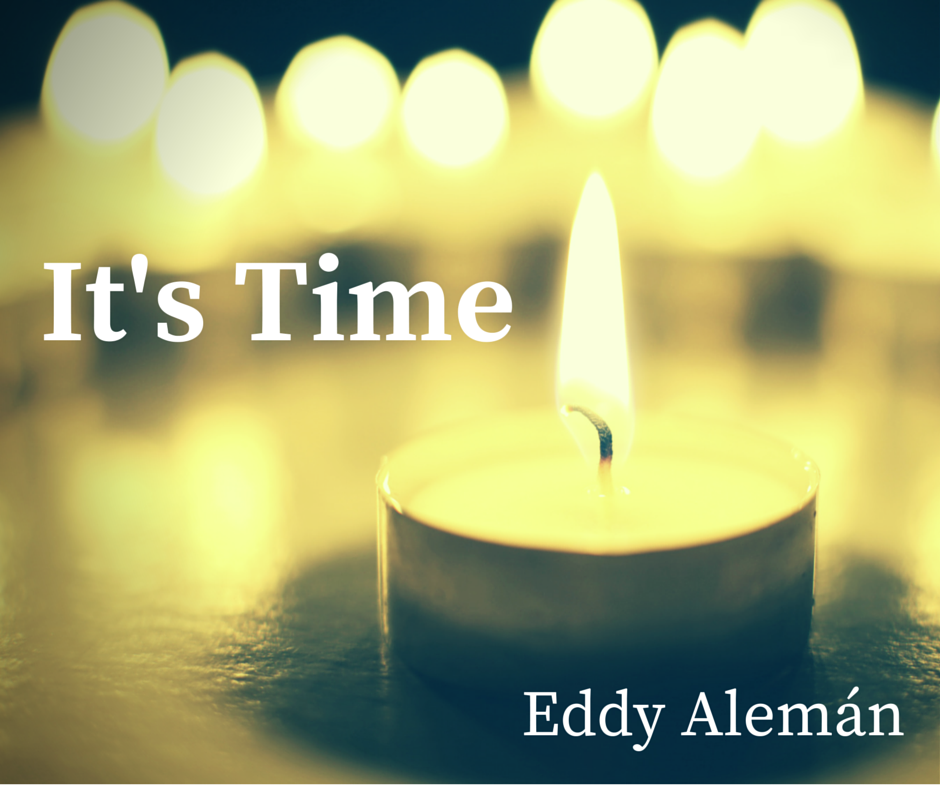In our series of listening to voices of African American, Hispanic, and Asian leaders in the RCA, Eddy Alemán shares his perspective.
Last month, general secretary Tom De Vries responded to recent grand jury decisions in Ferguson and New York, related to the deaths of African American men. In his response, he wrote, “I will be inviting the voices of African American leaders, as well as Hispanic and Asian leaders, to share with us their personal perspective in the current case of inequality, and how the majority can listen and respond…We will provide opportunity to learn and to listen, gaining support for a united effort of the oneness of the people of God in all places, loving one another.”
Now, it is time to listen to these voices.
Time to Listen: Eddy Alemán
In December thousands of people marched in the streets of Manhattan, New York, and at the Freedom Plaza in Washington, D.C. The “Justice for All March,” organized by the National Action Network and led by Al Sharpton, included speeches by the families of Michael Brown and Eric Garner and many other people looking for justice. African Americans, Hispanics, Asians, Caucasians, and many others of different ethnicities peacefully marched together, hoping for their voices to be heard. They were asking for police reform, better schools, more jobs, immigration reform, better housing, and many other things that affect people and families.
As a nation, we need to accept the crude reality that we have an unjust system in need of change. But as Christians, we need to be attentive to cries of injustice and also know how to respond in a godly way. I believe the church needs to take the central role in this process of restoring justice. Pastors and churches need to lead the way in this healing process.
A month ago, the RCA general secretary, Tom De Vries, wrote a wonderful response to the recent grand jury decisions. In his response he invited us to lament, to listen, and to lead. Today I want to offer my own reflection of the situation.
I’m a Nicaraguan-Canadian-American. As a denominational leader in the Reformed Church in America, I work with a lot of different people. Many of these people are Hispanic Americans of the first, second, third, or fourth generation. I have seen firsthand the struggles of the Hispanic people in this country. Many of them have been abused in many different ways, working hard and long hours in low-paying jobs. 54 million Hispanics live in the U.S. today—that’s close to 18 percent of the total population in the country. In California, the state with the largest Hispanic population (more than 14 million people), Hispanics are the largest ethnic group—outnumbering even Caucasians.
Immigration is perhaps the biggest challenge affecting the Hispanic people in the U.S. Many Hispanic people have been working hard and paying taxes for many years without the opportunity to gain legal status. They haven’t seen their families for decades. Many of their children who came here as infants don’t have driver’s licenses, medical insurance, or the opportunity to attend university. This is close to my heart because I’m a Latino working and ministering among Hispanic people. For me, this is also an issue of injustice.
In the Old Testament, many prophets had to deal with the same issue. Amos said, “But let justice roll down like waters, and righteousness like an ever-flowing stream” (Amos 5:24). Amos was challenging the people of Israel to make a complete transformation by allowing God to have an influence upon the nation. Justice needed to be duly administered by the magistrates and rulers. This is what God desired more than sacrifices.
Today, American people of every ethnicity are still searching for justice. When justice is not served, then people sometimes tend to take justice in their own hands. Last month, Ismaaiyl Brinsley killed two police officers (one Asian and one Hispanic) in Brooklyn, New York, to seek revenge and justice for the deaths of Michael Brown and Eric Garner.
We continue to see examples of the brokenness of our justice system and our immigration system. If we are going to live together, and in peace with each other, we need to learn how to deal with these issues. We need to learn how to listen to, and respect, one another. Blacks, Caucasians, Hispanics, Asians, and all other races in this multicultural world need to learn how to listen and respond well. We all need to do what Al Sharpton said in his speech at the Justice for All March: “We need to shine the light of Jesus.”
Recently we celebrated the birth of our Lord Jesus Christ, who was born into a broken and unjust world to give the peace this world needed. Today, as we face a new year ripe with possibility, let us all continue to pray to overcome injustice. Let us put into practice what we learned from Jesus, to love and respect one another.
Eddy Alemán is director of strategic leadership development and Hispanic ministries for the RCA.





